LATVIJA.FM
Latvian Literature in Translation: Where to Start
Though Latvia is a small country by size, its literary voice is vast, rich, and deeply reflective of its history, language, and soul. For those unfamiliar with the world of Latvian letters, venturing into its literature in translation is like stepping into a hidden forest filled with poignant memories, quiet resistance, lyrical myth, and unexpected humor. The good news is: there’s an entry point for everyone.
A Literature Rooted in Survival and Song
Latvian literature cannot be separated from the country’s tumultuous political history and enduring cultural resilience. For centuries, Latvians preserved their identity through language, oral tradition, and verse, even when statehood was denied or threatened. From the folkloric Dainas—thousands of short, poetic folk songs passed down through generations—to the modernist poetry and novels of the 20th century, Latvian authors have long embraced the written word as a form of both expression and resistance.
Translations into English are now more accessible than ever, offering global readers a way into this world. Whether you prefer poetry, historical fiction, postmodern reflection, or contemporary realism, there is a path waiting.
Translations into English are now more accessible than ever, offering global readers a way into this world. Whether you prefer poetry, historical fiction, postmodern reflection, or contemporary realism, there is a path waiting.
Where to Begin: The Voices That Echo Loudest
One of the most renowned figures to explore is Imants Ziedonis, a poet and essayist beloved for his poetic prose and philosophical reflections. His collection Epiphanies, translated by Margita Gailītis and published by Arc Publications, offers a window into the everyday mysteries and metaphysical observations of Latvian life. Ziedonis blends realism with dreamlike abstraction, making his work both intimate and universal.
For readers who appreciate historical fiction, Nora Ikstena’s Soviet Milk (translated by Margita Gailītis and published by Peirene Press) has become an international sensation. Set in Soviet-era Latvia, the novel presents a hauntingly quiet yet emotionally raw narrative of a mother and daughter grappling with identity, freedom, and survival. It is both a personal and national story—a portrait of love in a time of repression.
Fans of contemporary literature may find Inga Ābele’s High Tide (translated by Kaija Straumanis) particularly rewarding. Her narrative techniques, lyrical prose, and psychological depth push the boundaries of conventional storytelling, challenging the reader to engage deeply with the characters’ inner lives.
For readers who appreciate historical fiction, Nora Ikstena’s Soviet Milk (translated by Margita Gailītis and published by Peirene Press) has become an international sensation. Set in Soviet-era Latvia, the novel presents a hauntingly quiet yet emotionally raw narrative of a mother and daughter grappling with identity, freedom, and survival. It is both a personal and national story—a portrait of love in a time of repression.
Fans of contemporary literature may find Inga Ābele’s High Tide (translated by Kaija Straumanis) particularly rewarding. Her narrative techniques, lyrical prose, and psychological depth push the boundaries of conventional storytelling, challenging the reader to engage deeply with the characters’ inner lives.
The Role of Translation and Its Growing Importance
The recent rise in Latvian-English literary translations is no coincidence. Institutions like the Latvian Literature platform, in partnership with state bodies, have actively promoted the translation and export of Latvian books abroad. Their goal is not only to support writers, but to project Latvia’s cultural voice into the wider literary world. These translations are not simply linguistic adaptations—they are acts of cultural diplomacy.
For many translators, this is a labor of love. Margita Gailītis, Kaija Straumanis, Uldis Balodis, and others have helped craft an English-language bridge to a literary world previously known only to Latvian speakers. Their work is part of a larger movement to ensure that Latvia’s literary heritage reaches international readers who might never set foot on its soil but can still walk its emotional landscapes.
For many translators, this is a labor of love. Margita Gailītis, Kaija Straumanis, Uldis Balodis, and others have helped craft an English-language bridge to a literary world previously known only to Latvian speakers. Their work is part of a larger movement to ensure that Latvia’s literary heritage reaches international readers who might never set foot on its soil but can still walk its emotional landscapes.
A Literature Still Waiting to Be Fully Discovered
Latvian literature in English is still a growing field, and that’s part of its charm. The canon isn’t yet saturated, meaning each discovery feels fresh, rare, and personal. Whether it's exploring Baiba Zīle’s contemporary short fiction, Māra Zālīte’s poetic dramas, or the mythologically rich works of Aleksandrs Čaks, the experience is that of a quiet unfolding—one story at a time.
For those ready to start, publishers like Peirene Press, Arc Publications, and Dalkey Archive Press have released high-quality translations in recent years. The LatvianLiterature.lv website also maintains updated reading lists and information on new releases.
For those ready to start, publishers like Peirene Press, Arc Publications, and Dalkey Archive Press have released high-quality translations in recent years. The LatvianLiterature.lv website also maintains updated reading lists and information on new releases.
A Quiet Power That Stays With You
What sets Latvian literature apart is not its volume, but its emotional precision and quiet intensity. These are not stories that shout. They linger. They reflect. They invite you into a small Baltic nation where mythology and modernity often live in the same sentence, where the act of remembering is both personal and political.
In a world saturated with literary giants, Latvian literature offers a rare chance to read something not because it is popular, but because it is quietly profound. And for the reader willing to listen, it speaks volumes.
In a world saturated with literary giants, Latvian literature offers a rare chance to read something not because it is popular, but because it is quietly profound. And for the reader willing to listen, it speaks volumes.
